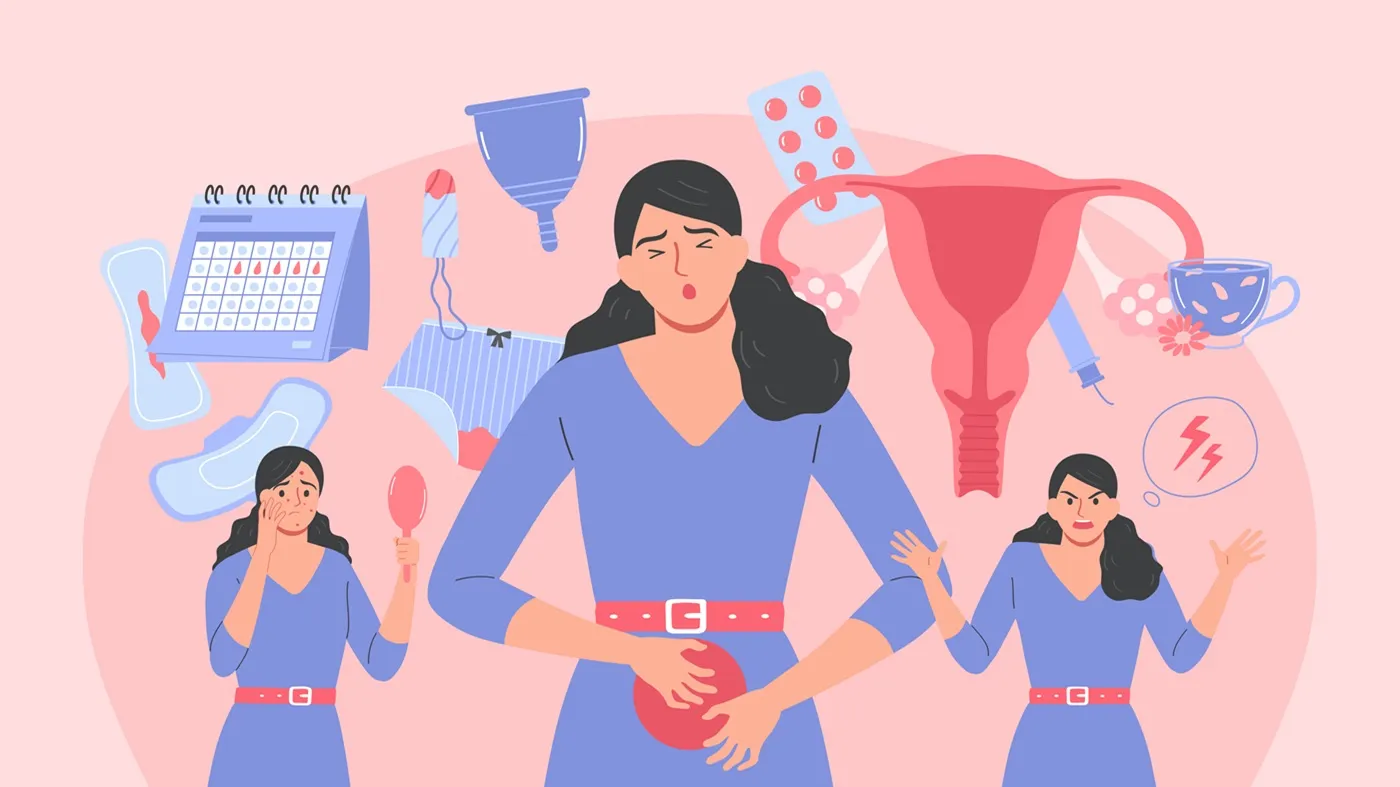
We bring to you another educative article from Ovum Fertility. This article aims to enlighten women on the significance of egg quality in the context of in vitro fertilization (IVF) and offers guidance on how one can enhance her egg health.
Understanding Egg Quality:
Egg quality is the potential of an egg to be fertilized and subsequently develop into an embryo. Eggs of higher quality are more likely to lead to a successful pregnancy. One of the main factors that deteriorate the quality of eggs is the age of a woman. As time progresses, not only does the quantity of available eggs (oocytes) reduce, but their quality also wanes.
Age-Related Egg Quality Decline:
The ageing process is the most critical factor affecting a woman’s fertility. As women grow older, especially from age 38 and beyond, the decline in both the number and quality of eggs increases the risk of infertility issues. Older eggs might face difficulties in fertilization, and if they do get fertilized, they can result in embryos with genetic anomalies. Although many women focus on egg count as a fertility indicator, the true determinant is the quality of the eggs, which naturally diminishes with age.
Natural Decline of Egg Count and Quality:
It is a known fact that female fertility declines with age. Women are born with a finite number of eggs—around 1 to 2 million and this number decreases over time. After puberty, the loss is approximately a thousand eggs each month, leading to just 6% of the egg count remaining by the age of 35 years. Additionally, with advancing age, egg quality also declines. As women age, a higher proportion of their eggs contain abnormal DNA, making the eggs less capable of fulfilling their role in creating a healthy baby. A woman’s fertility begins to reduce slowly in her early 30s, and the decline speeds up after her age of 35 year’s. By age 40, her chance of getting pregnant in any monthly cycle reduces to only 5%.
Egg Quality Testing:
There is no direct test to evaluate the quality of eggs but there are certain indicators that can help gauge it, such as the levels of anti-Müllerian hormone (AMH) to estimate egg reserve, age, antral follicle count, and levels of follicle-stimulating hormone (FSH) and estradiol.
Improving Egg Health:
Recent scientific advancements have led to ovarian rejuvenation techniques that may mitigate the effects of ovarian insufficiency and increase the chances for women to conceive using their eggs.
Dietary Influence on Egg Quality:
Adopting a healthy lifestyle can enhance egg health. A diet rich in antioxidants, proteins, omega-3 fatty acids, and folic acid contributes positively to egg quality and better fertility outcomes. Avoid foods containing trans fats, refined carbohydrates, processed foods or meats, and excessive sugars or salt. Maintaining a normal body mass index (BMI) is crucial as obesity can negatively impact fertility and decrease egg quality, potentially disrupting ovulation due to hormonal imbalances.
Lifestyle Considerations for Egg Health:
Avoiding smoking is essential as it accelerates the loss of eggs and introduces chemicals that damage the egg’s DNA. Moreover, reducing alcohol and caffeine intake can benefit fertility. Managing stress through activities like yoga and meditation can help maintain ovulation and egg production while ensuring adequate hydration and blood flow to the ovaries is necessary for optimal egg health.
Supplements to Aid Egg Quality:
Inexpensive vitamin supplements such as Coenzyme Q10, Melatonin, and fish oil may enhance egg health. CoQ10 improves mitochondrial efficiency and antioxidant levels, Melatonin encourages ovarian function and assists with sleep, and fish oil contributes to higher-quality eggs and reproductive function, particularly in women of advanced maternal age.
Egg Freezing:
For women who intend to delay motherhood, freezing eggs can pause their biological clock, preserving the eggs at their current biological age, which could increase the possibility of successful pregnancy in the future.
To conclude, this article emphasizes the challenges of diminished egg quality in achieving favourable IVF outcomes. It highlights the importance of understanding, evaluating, and augmenting egg quality for individuals navigating fertility issues, enabling them to make well-informed reproductive choices.